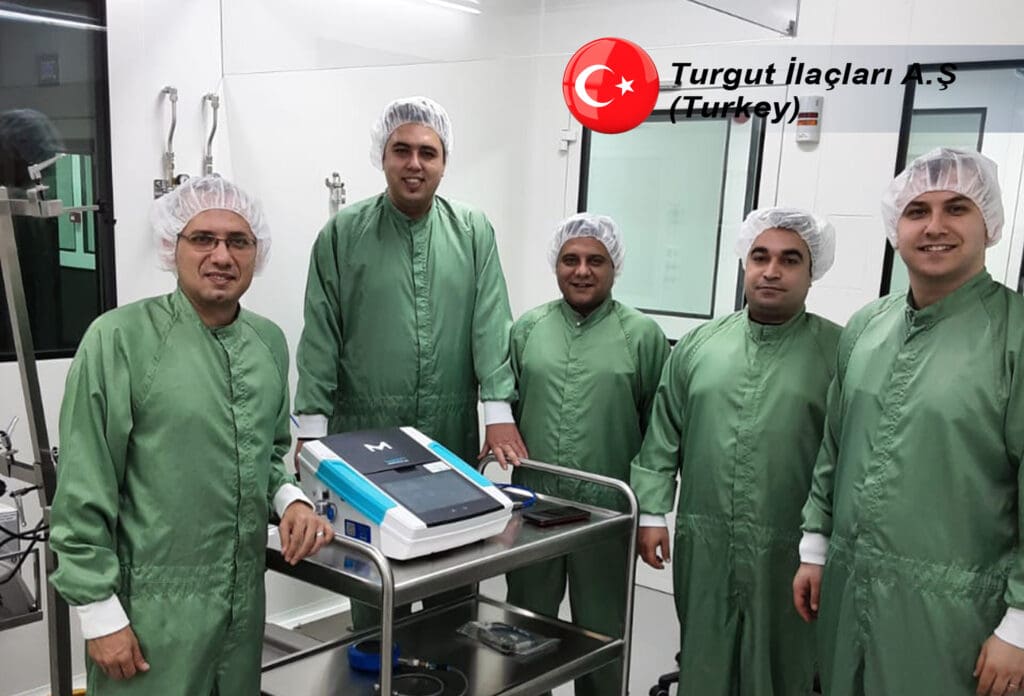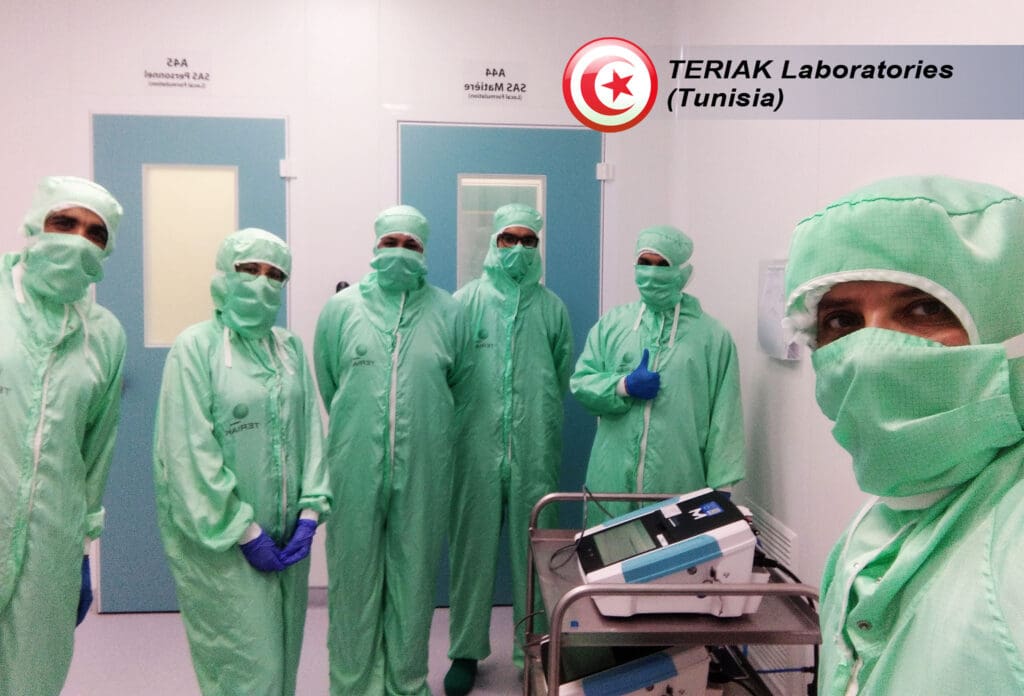Noor Newsletter March 2024
TOP NEWS:


The maintenance and after-sales service department of Noor Scientific & Trade undertook a preventive maintenance task for Merck equipment across certain European and North African countries, following a formal request and authorization from the German company.
During the month of March 2024, maintenance engineers at Noor Scientific & Trade visited both Turgut Pharmaceuticals in Turkey (March 3-5, 2024), and TERIAK Laboratories in Tunisia (March 5-7, 2024) to carry out preventive maintenance work for the two clients’ Integritest 5 devices manufactured by Merck.
Celebration
11 March – Beginning of the Holy Month of Ramadan
This year (1445 Hijri calendar/2024 Gregorian calendar), the Holy month of Ramadan started on March 11, 2024. The holy month of Ramadan is the 9th month in the Islamic lunar calendar. It is a month of fasting, worship, and spiritual development.
Ramadan Mubarak

Product Of The Month
SonoMe Ultrasound
A New Generation of Wireless Ultrasound Scanner.
SonoMe is a portable ultrasound imaging diagnostic device that obtained clearance from the U.S. Food and Drug Administration (FDA) in 2022. It is a wireless transducer-based product that can connect to mobile devices via Wi-Fi, offering exceptional portability, making it ideal for ultrasound scanning in a variety of clinical settings without constraints on time or space.
SonoMe is fully ready with 8 models for various image quality (element), frequency, modes, and types, which can satisfy the needs of the clinical environments using mobile ultrasound imaging, and provides consumers with more diverse options.

Monthly Forum
Plastic Bags: Enemy of the Environment
The major impact of plastic bags on the environment is that it takes many years for them to decompose. In addition, toxic substances are released into the soil when plastic bags perish under sunlight and, if plastic bags are burned, they release a toxic substance into the air causing ambient air pollution.
Some researchers suggest that by 2050 there could be more plastic than fish in the oceans by weight.
Plastic bags are difficult and costly to recycle and most end up on landfill sites where they take around 300 years to photodegrade. They break down into tiny toxic particles that contaminate the soil and waterways and enter the food chain when animals accidentally ingest them. “International Bar Association”

Scientific Facts
Bananas are Radioactive:
Some foods contain small amounts of radioactive elements. The most well-known examples of naturally occurring radionuclides in foods are bananas.
Bananas contain potassium, and because potassium decays, the yellow fruit becomes slightly radioactive. They contain high levels of potassium, and a small amount of this is radioactive. But the amount of radiation is extremely small, and far less than the natural “background radiation” we are exposed to every day. Each banana can emit .01 millirem (0.1 microsieverts) of radiation. “US Environmental Protection Agency”

History of Science
The Internet: The internet is a global system of interconnected computer networks that is used by billions of people worldwide. In the 1960s, it started as a communications network to connect the computers in the U.S. Defense Department’s ARPA (Advanced Research Projects Agency).
This technology was progressed in the 1970s by scientists Robert Kahn and Vinton Cerf. In 1989, the internet evolved further thanks to the invention of the World Wide Web by computer scientist Tim Berners-Lee while working at CERN (The European Organization for Nuclear Research). “Wikipedia”
